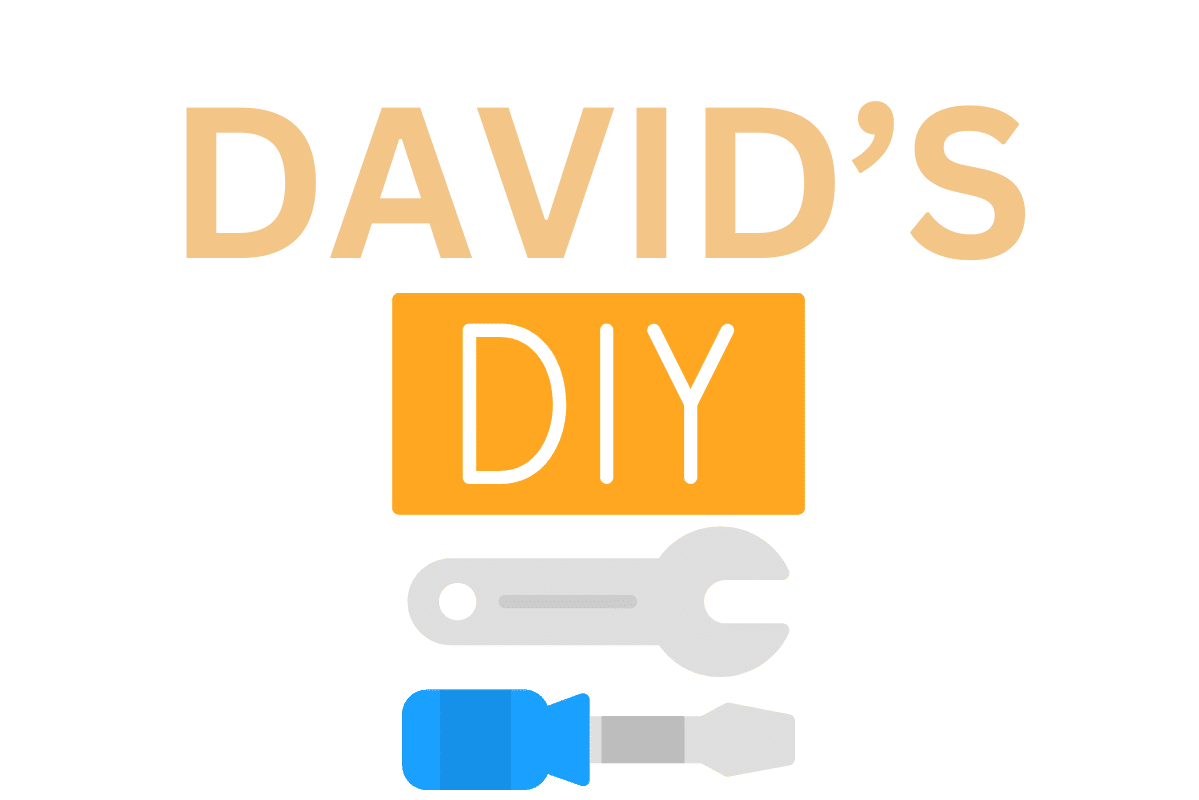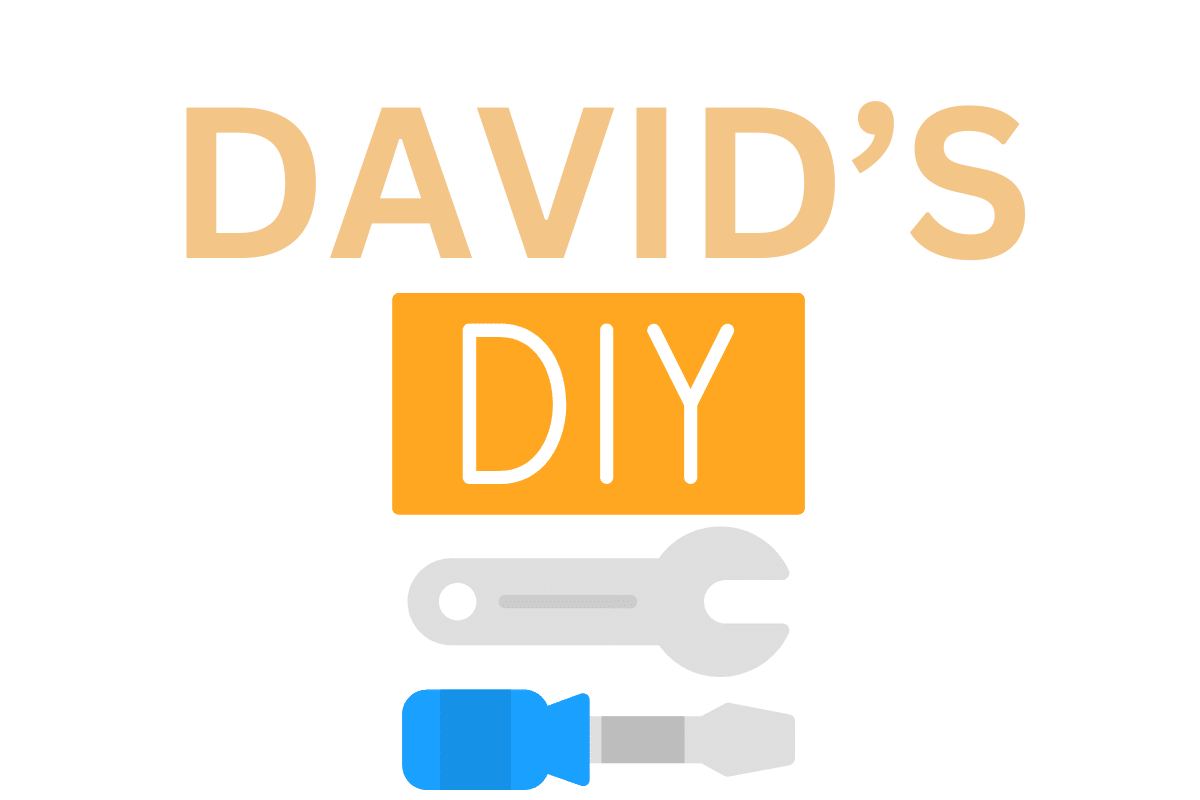
As I discovered that the average person produces over 4 pounds of trash daily, I embarked on a zero-waste journey. Starting in the kitchen, I learned practical ways to reduce waste, from composting to using reusable containers. Curious to know how you can make a difference in every room of your home? From the bathroom to the garage, each space holds unique opportunities for waste reduction. Let’s explore together how simple changes can lead to a more sustainable lifestyle.
Kitchen
In the kitchen, I prioritize waste reduction through mindful consumption and sustainable practices. By utilizing eco-friendly kitchen tools like reusable silicone food bags, stainless steel straws, and bamboo utensils, I significantly reduce single-use plastic waste. These tools not only help the environment but also add a touch of style to my cooking space.
When it comes to zero-waste grocery shopping, I opt for bulk items using my own containers to eliminate packaging waste. Shopping this way not only reduces waste but also allows me to buy the exact amount needed, minimizing food spoilage. Additionally, choosing locally sourced and organic products supports sustainability and reduces carbon emissions from transportation.
Creating a zero-waste kitchen is not only about reducing waste but also about fostering a more sustainable lifestyle. By implementing these practices and using eco-friendly tools, I not only contribute to a healthier planet but also inspire others to join the zero-waste journey.
Pantry
Now, let’s shift our focus to the pantry, a crucial area in the kitchen for sustainable practices. In this section, we will explore efficient food storage solutions, the advantages of bulk buying, and the importance of composting food waste. These points will help us minimize waste and lead a more environmentally conscious lifestyle in our daily food habits.
Food Storage Solutions
Exploring efficient food storage solutions for the pantry is essential in a zero-waste lifestyle. When it comes to eco-friendly containers and reusable wraps, choosing the right products can significantly reduce waste. Here are some options for a more sustainable pantry organization:
| Eco-Friendly Containers | Reusable Wraps | Benefits |
|---|---|---|
| Glass jars | Beeswax wraps | Keeps food fresh longer |
| Stainless steel containers | Silicone food wraps | Easy to clean and maintain |
| Bamboo containers | Cloth food covers | Reduces plastic waste |
Bulk Buying Benefits
Bulk buying offers numerous advantages for organizing a zero-waste pantry efficiently. By purchasing items such as grains, legumes, and spices in bulk, I can reduce packaging waste significantly. This aligns with my sustainable shopping habits and helps me contribute to a healthier environment. Buying in bulk allows me to select the exact quantities I need, minimizing food waste and ensuring freshness. Additionally, it often leads to cost savings in the long run, making it a practical choice for my budget and reducing unnecessary expenses. Creating a well-stocked pantry through bulk buying enables me to prepare meals more conveniently, knowing that I have essential ingredients readily available. Embracing this approach fosters a sense of fulfillment in my zero-waste journey.
Composting Food Waste
Transitioning from effectively managing bulk purchases in my pantry, composting food waste becomes a crucial aspect of my zero-waste journey, ensuring sustainable practices in reducing kitchen waste. Backyard composting provides an eco-friendly solution to repurpose organic scraps, creating nutrient-rich soil for urban gardening. By composting food waste, I contribute to reducing methane emissions from landfills while cultivating a more sustainable lifestyle. Additionally, vermicomposting, using worms to break down organic matter, offers a space-saving alternative for those in urban settings. Implementing these composting methods not only minimizes household waste but also fosters a deeper connection to the environment. Embracing composting as a part of my zero-waste efforts empowers me to make meaningful contributions towards a greener future.
Bathroom
In the bathroom, one can significantly reduce waste by opting for reusable and eco-friendly alternatives for commonly disposable items. Making simple changes can lead to a more sustainable lifestyle. Here are some eco-friendly toiletries and zero waste bathroom essentials to help you on your zero-waste journey:
- Bamboo Toothbrush: Swap your plastic toothbrush for a biodegradable bamboo alternative.
- Reusable Cotton Rounds: Ditch disposable cotton pads for washable and reusable cotton rounds.
- Shampoo Bars: Replace plastic bottles with package-free shampoo bars.
- Safety Razor: Invest in a durable safety razor with replaceable blades to eliminate disposable plastic razors.
- DIY Toiletries: Consider making your own toothpaste, deodorant, or body scrub using natural ingredients to reduce packaging waste.
Bedroom
When aiming for a zero-waste lifestyle, the bedroom presents opportunities to minimize waste and embrace sustainable practices through mindful choices in daily routines. One way to make your bedroom more eco-friendly is by investing in sustainable bedding options such as organic cotton sheets, bamboo-derived linens, or hemp beddings. These materials are not only gentle on the environment but also offer a luxurious feel for a good night’s sleep.
Another aspect to consider in the bedroom is clothing decluttering strategies. To reduce waste, start by organizing your wardrobe and donating or recycling clothes you no longer wear. Consider embracing a minimalist approach by keeping only what you need and love. Upcycling old clothes into new items or using them as cleaning rags can also help minimize waste.
Living Room
To continue our journey towards a zero-waste lifestyle, let’s now focus on sustainable practices and waste-minimizing strategies in the living room. Creating an eco-friendly living room involves making conscious choices about the decor and furniture we use. Here are some tips to help you make your living room more environmentally friendly:
-
Eco-friendly Decor Ideas
-
Incorporate houseplants to improve indoor air quality and add a touch of nature.
-
Use sustainable materials like bamboo, jute, or reclaimed wood for rugs, curtains, and pillow covers.
-
Upcycle old items to create unique decor pieces like vases or wall art.
-
Sustainable Furniture Options
-
Choose furniture made from recycled or reclaimed materials.
-
Opt for multifunctional pieces like a storage ottoman or a sofa bed to maximize space and utility.
Home Office
When setting up a zero-waste home office, focus on creating a paperless workspace, investing in sustainable office supplies, and organizing a recycling station. These key points will help reduce waste and promote eco-friendly practices in your workspace. By implementing these strategies, you can create an efficient and environmentally conscious home office environment.
Paperless Workspace Setup
Consider implementing a digital filing system to transition to a paperless workspace in your home office. Digital organization tools and eco-friendly gadgets can help streamline your workflow while reducing paper waste. Here are some tips to set up a paperless workspace:
- Invest in a scanner to digitize documents
- Use cloud storage for easy access to files
- Organize digital files into folders by category
- Opt for e-signature software for signing documents electronically
- Explore apps for note-taking and task management
Sustainable Office Supplies
In my home office, I prioritize using sustainable office supplies to reduce my environmental impact and promote a greener workspace. I opt for eco-friendly pens made from recycled materials or biodegradable components. These pens not only write smoothly but also help minimize plastic waste. To jot down notes and ideas, I rely on reusable notebooks that can be easily wiped clean or have refillable pages. By using these sustainable office supplies, I contribute to lessening my carbon footprint and supporting a more eco-conscious lifestyle. Making these small changes in my workspace allows me to align my values with my everyday actions, creating a positive impact on the environment while maintaining productivity.
Recycling Station Organization
To enhance efficiency in my home office, I meticulously organize my recycling station to ensure seamless waste segregation and eco-friendly practices. Implementing a sorting system and container labeling have been instrumental in maintaining order and promoting sustainability. Here are some key strategies I use:
- Color-coded bins for easy identification of recyclables.
- Separate containers for paper, plastic, glass, and metals.
- Clear signage on each bin to guide proper disposal.
- Regular maintenance to empty bins promptly to avoid overflow.
- Educational materials near the station to remind and inform others about recycling practices.
Laundry Room
When optimizing your laundry room for zero-waste practices, focus on reducing single-use items and choosing eco-friendly detergents and fabrics. One way to achieve this is by using eco-friendly detergents that are gentle on the environment and your skin. Look for detergents that are biodegradable and free from harsh chemicals. Additionally, consider using reusable dryer balls instead of disposable dryer sheets to reduce waste and save money in the long run.
| Eco-Friendly Detergents | Reusable Dryer Balls |
|---|---|
| Biodegradable | Reduces drying time |
| Gentle on skin | Reduces static cling |
| Free from harsh chemicals | Eco-friendly choice |
Opting for eco-friendly detergents not only benefits the environment but also contributes to your well-being. Likewise, choosing reusable dryer balls over single-use dryer sheets minimizes waste and helps in the quest for a zero-waste laundry routine. Making these simple switches in your laundry room can have a positive impact on the planet and align you with a community of like-minded individuals striving for sustainability.
Garage
Efficiently organizing the garage is essential for implementing zero-waste practices throughout the home. When it comes to the garage, there are numerous opportunities to reduce waste and create a more sustainable space. Here are some tips to help you get started:
- Garage organization: Begin by decluttering and organizing items in your garage to maximize space and make it easier to find what you need.
- DIY projects: Consider building your own storage shelves or repurposing old items to create functional storage solutions.
- Eco-friendly garage products: Invest in products like eco-friendly cleaning solutions, reusable storage containers, and energy-efficient lighting to reduce waste in the garage.
- Storage solutions: Use stackable bins, wall hooks, and ceiling racks to store items off the floor and keep the garage tidy.
- Upcycling: Get creative with upcycling projects to give old items new life and prevent them from ending up in the landfill.

